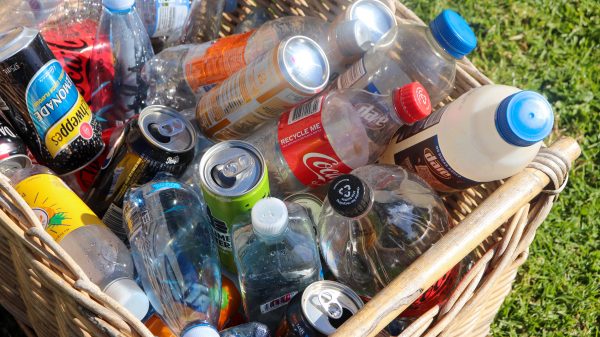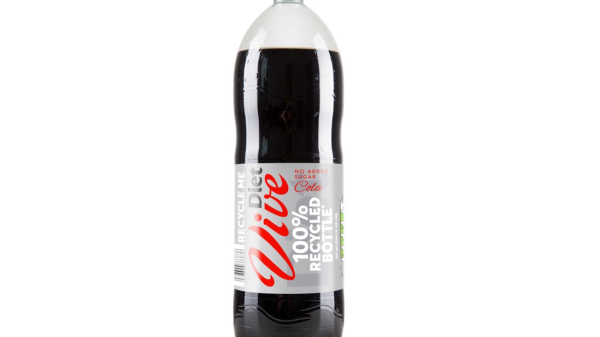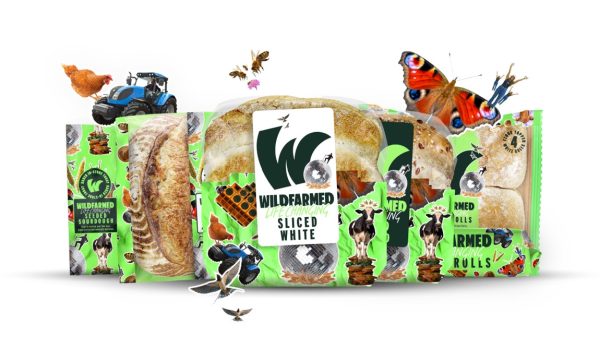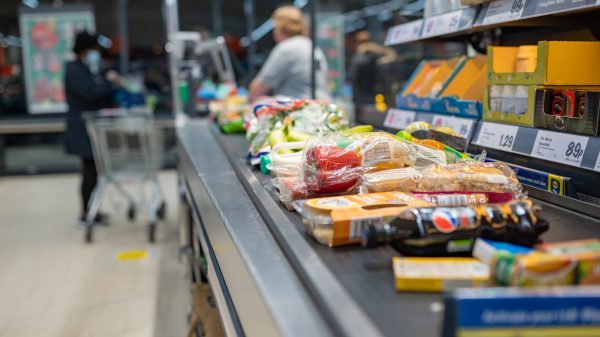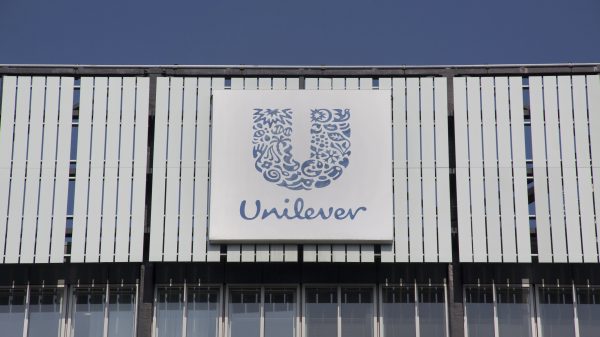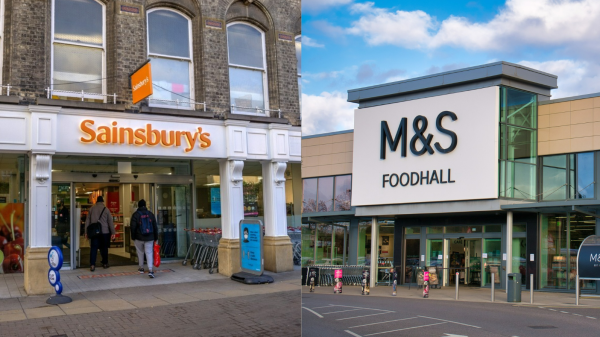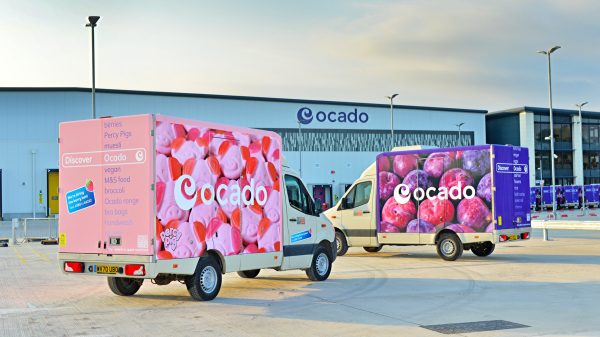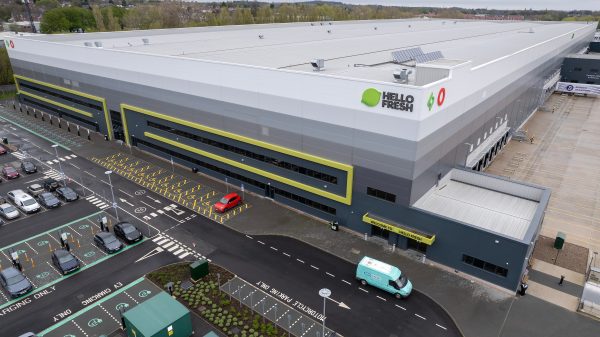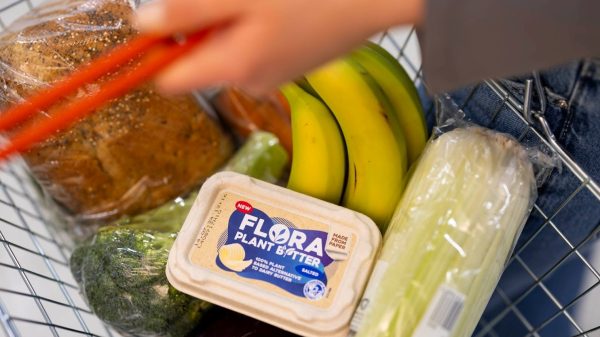While the grocery industry has had its ups and downs in 2022, focusing on sustainability has remained key in driving environmental and ethical change across supermarkets and throughout supply chains.
Last month, food took centre stage at Cop27 for the first time, marking just one of the many ways the sector is becoming more involved in lowering carbon emissions and tackling climate change.
From reducing food waste and lowering the impact of delivery vehicle emissions, to moving away from plastic packaging and transforming entire supply chain practices, here are some of this year’s sustainability highlights.
Subscribe to Grocery Gazette for free
Sign up here to get the latest grocery and food news each morning
Reducing food waste
Across many of the UK’s supermarkets, removing ‘best before’ dates from fruit and vegetables became a core move throughout the summer as grocers went out of their way to ensure shoppers weren’t throwing away edible food unnecessarily.
As well as wasting millions of pounds’ worth of edible produce, food waste is also responsible for 8-10% of all man-made greenhouse gas (GHG) emissions.
Originally implemented with Morrisons milk ‘sniff test’ back in Mark, online-only supermarket Ocado was quick to follow suit across a wider range of produce, a move which M&S, Waitrose, Asda, Aldi and Sainsbury’s with the collective aim of stopping fresh produce from being wasted.
Although Too Good To Go, the service that connects customers to stores that have surplus, unsold food is not a new concept for 2022, it’s use has surged among Nisa, East England Co-op, Southern Co-op, Spar, Booker and grocery delivery service Deliveroo this year, allowing the retailers to sell food products nearing their expiration date that would otherwise be wasted.
As a result, both Central England Co-op and discount grocer Aldi reached milestones in 2022 through Too Good To Go partnerships, each having saved 100,000 meals.
Most recently, leading retailer Tesco stretched its food waste sustainability initiatives across its supply chain with its new surplus marketplace, ‘Tesco Tinder’. With more than 3,500 Tesco suppliers looking to sell or donate excess stock or products, the marketplace helps users to match with other suppliers who can make better use of the excess.
Tesco has also linked executive bonuses to slashing food waste as it accelerates its target of cutting food waste in half, bringing it forward by five years, to 2025
Green lorries and electric vehicles
In looking to save 8,786 tonnes of CO2, Tesco expanded its free electric vehicle (EV) charging network to 500 of its stores this year.
Earlier this month, M&S and BP Pulse signed an exclusive agreement to bring 900 high-speed EV charging points to 70 of the retailers stores across the UK, adding up to 40,000 kWhs of charging capacity to the UK’s EV infrastructure.
As well as improving accessibility to electric vehicle charging for consumers, Asda partnered with automotive technology firm Lightfoot in January to install onboard computers into its 3,000 vehicle fleet that converts data into live driving advice, expected to reduce accidents as well as cut fuel and CO2 emissions by 15% each.
In August, Tesco became the first retailer in the UK to launch a zero-emission electric lorry, with each vehicle replacing 30,000 diesel-fuelled road miles with clean green energy each year. The UK’s largest supermarket also introduced HGV trailers with refrigeration units powered by solar panels to save ariund 2,000 litres of diesel and over 5 tonnes of carbon per year, while Aldi introduced an all-electric refrigerated trailer as part of its efforts to reduce its carbon emissions.
In March, Sainsbury’s also announced plans to design, develop and deploy smart chargers for its electric refrigerated trailer, cutting as much as 20 tonnes of carbon emissions each year.
Moving away from plastic packaging
In looking to switch from or reduce plastic packaging with more sustainable alternatives, a whole raft of brands – from supermarket own-label products to kitchen cupboard stables – have taken the plunge this year.
In June, Carlsberg began trialing a bio-based fully recyclable fibre bottle made from natural raw materials compatible with plastic recycling systems. The bottles can also degrade into nature if not properly recycled.
In more consumer-friendly news, Quality Street scrapped its plastic coloured wrappers to stop nearly two billion wrappers ending up in landfill a year, while Mentos launched paper bottle gum packaging across its Pure Fresh range, looking to reduce the plastic in its packaging by 93%.
Cutting out the need for plastic shopping bags became a priority at frozen food retailer Iceland as it became the first UK supermarket to launch plastic-free reusable woven bags. Earlier this month, M&S rolled out a trial to use paper bags at a select number of stores.
For other grocery retailers, cutting the need for packaging entirely has been an area of trial and error, this year with Aldi, Lidl and M&S each testing out different types of refill services across food or cleaning and laundry products. Shoppers can fill containers with loose items, buying exactly what they need and eliminating excess packaging in the process.
Earlier this month, Asda also rolled out its new ‘refill price promises’ guaranteeing each of its refill products would be cheaper than the packaged alternatives as an incentive for more people to shop sustainably.
Sustainability practices throughout the supply chain
As significant as many of these initiatives have been at supermarket and consumer level, in order to achieve greater sustainability across the entire food and drink industry, change also needs to be reflected through the supply chain.
Soy farming has been a topic highlighted by some of the UK’s leading supermarkets this year, including the importance of producing and supplying deforestation-free soy.
In August, Tesco, Sainsbury’s and Waitrose announced a joint £9 million investment into a new system providing farmers in Brazil with financial incentives to commit to deforestation and conversion free soy cultivation.
Last month, signatories of the UK soy manifesto – which includes Tesco, Lidl, Aldi, Co-op, Iceland, M&S, Morrisons, Ocado, Sainsbury’s and Waitrose – also launched a set of actions to ensure all soy used in UK animal feed is deforestation free.
Aside from supermarkets, leading manufacturers including Nestlé, AB InBev and PepsiCo have also made their stamp on the sector in improving sustainable farming practices or supply chain operations through green initiatives.
This year, Nestlé’s coffee brand Nescafé committed to invest over £800 million into its Plan 2030 to help coffee farmers transition to regenerative agriculture, improving soil health and fertility, as well as protecting water resources and biodiversity.
Brewing company AB InBev announced it would be opening a solar farm to enable its beverages – which include brands including Budweiser and Corona – to be brewed with 100% renewable energy across Western Europe.
PepsiCo has also set out to reduce over 1,200 greenhouse gas emissions each year through innovations across its logistics operations, which include powering over one million miles of truck journeys across the UK with used cooking oil, an initiative set to continue into 2023.

